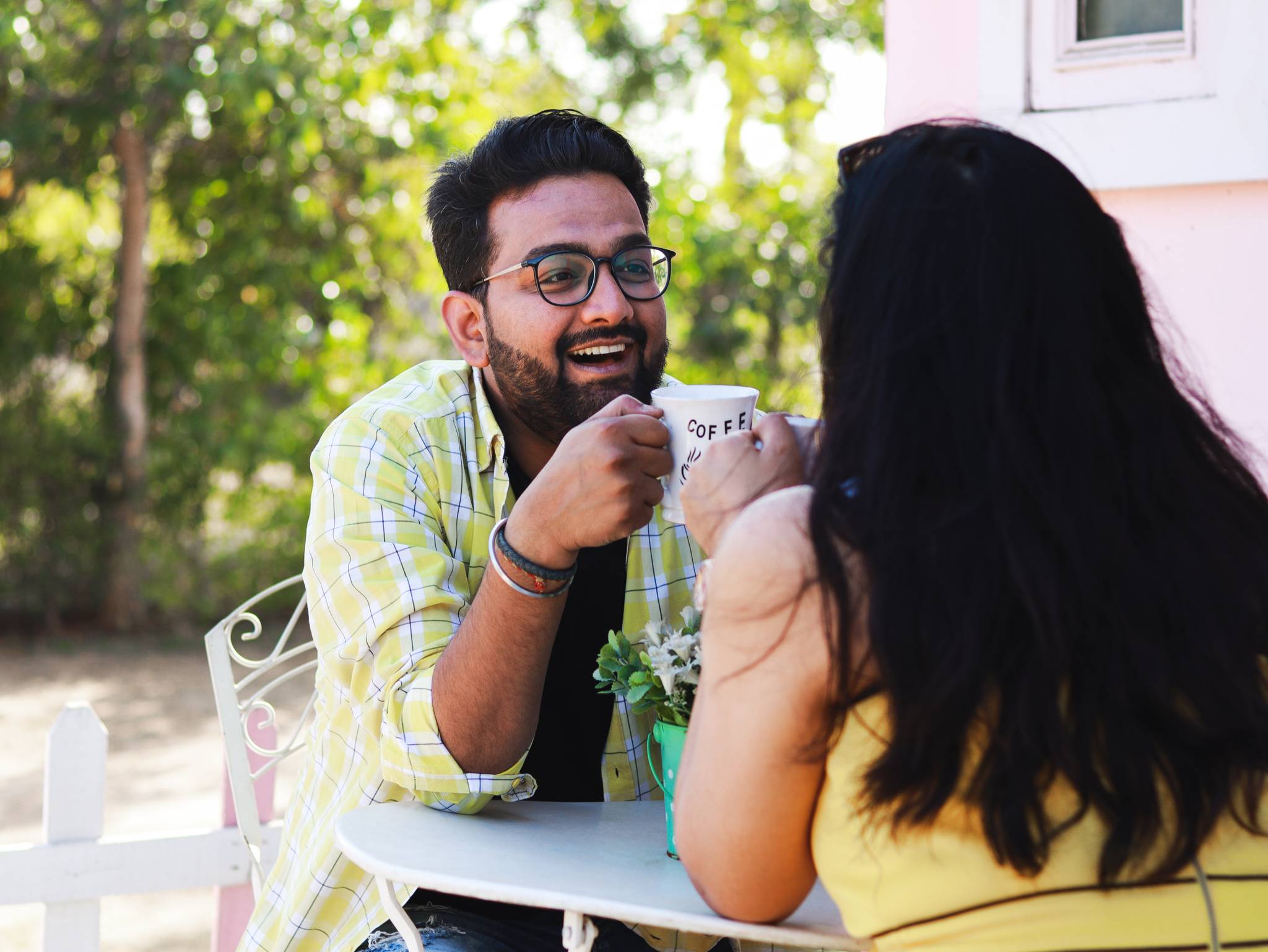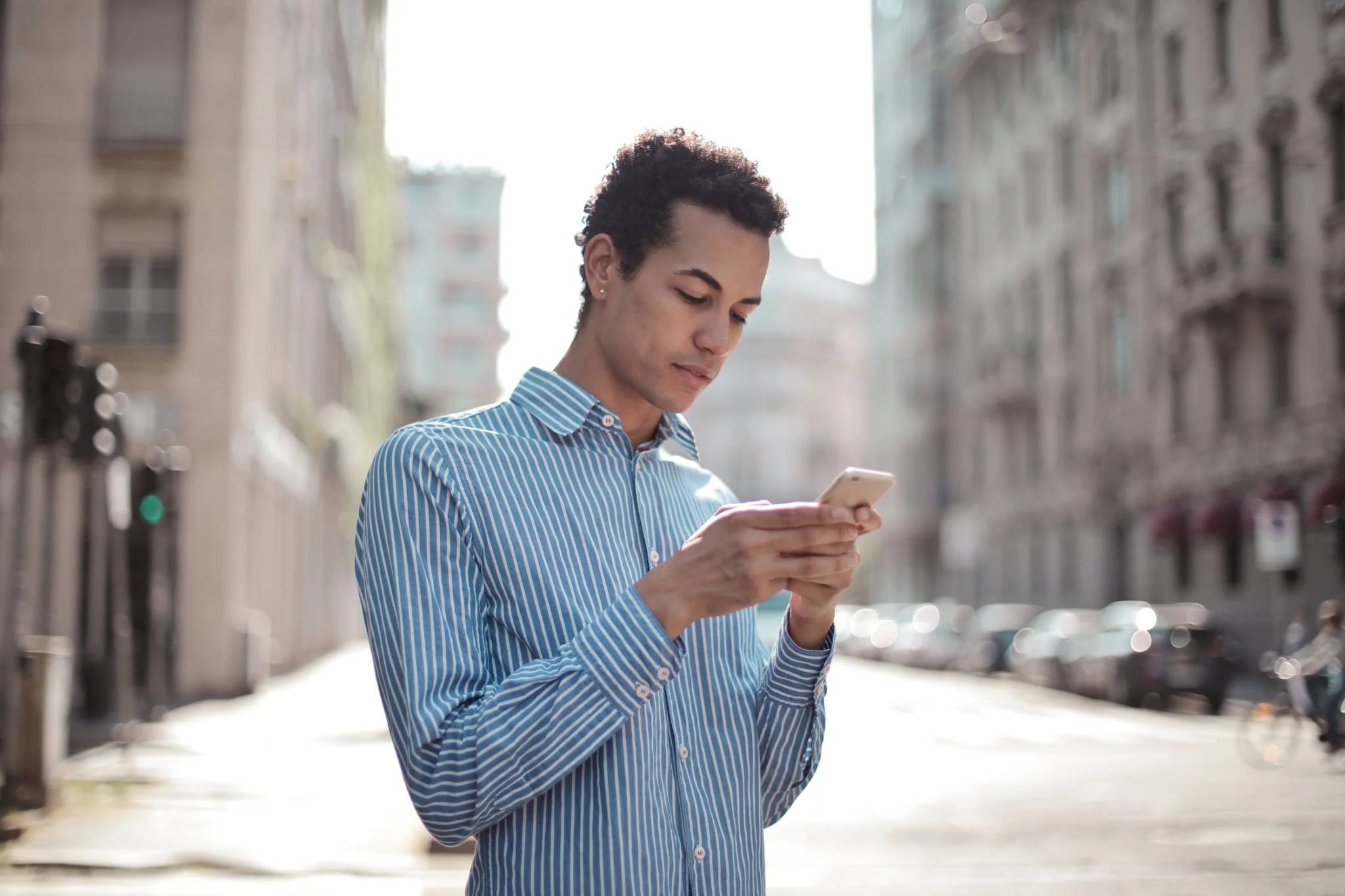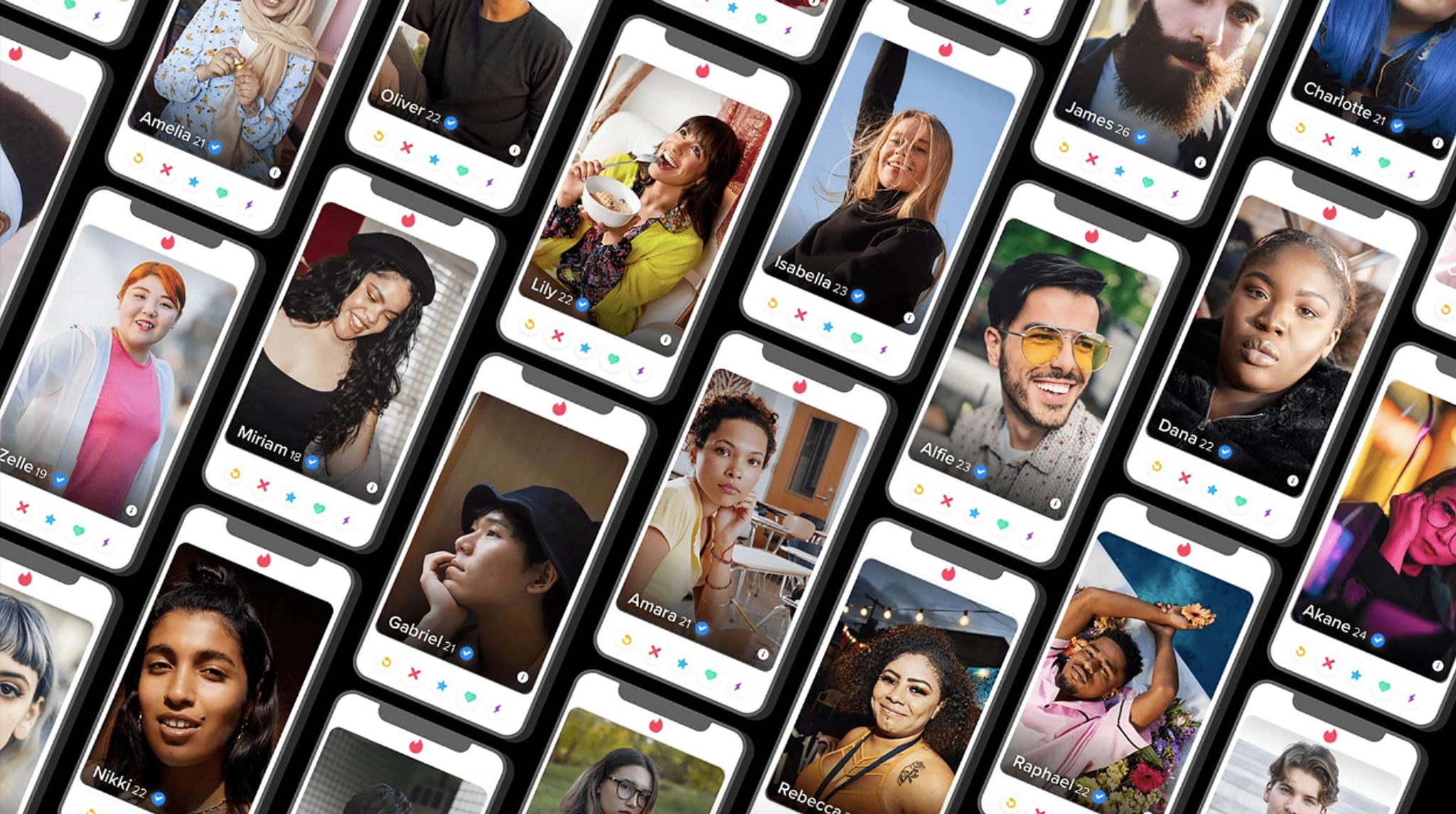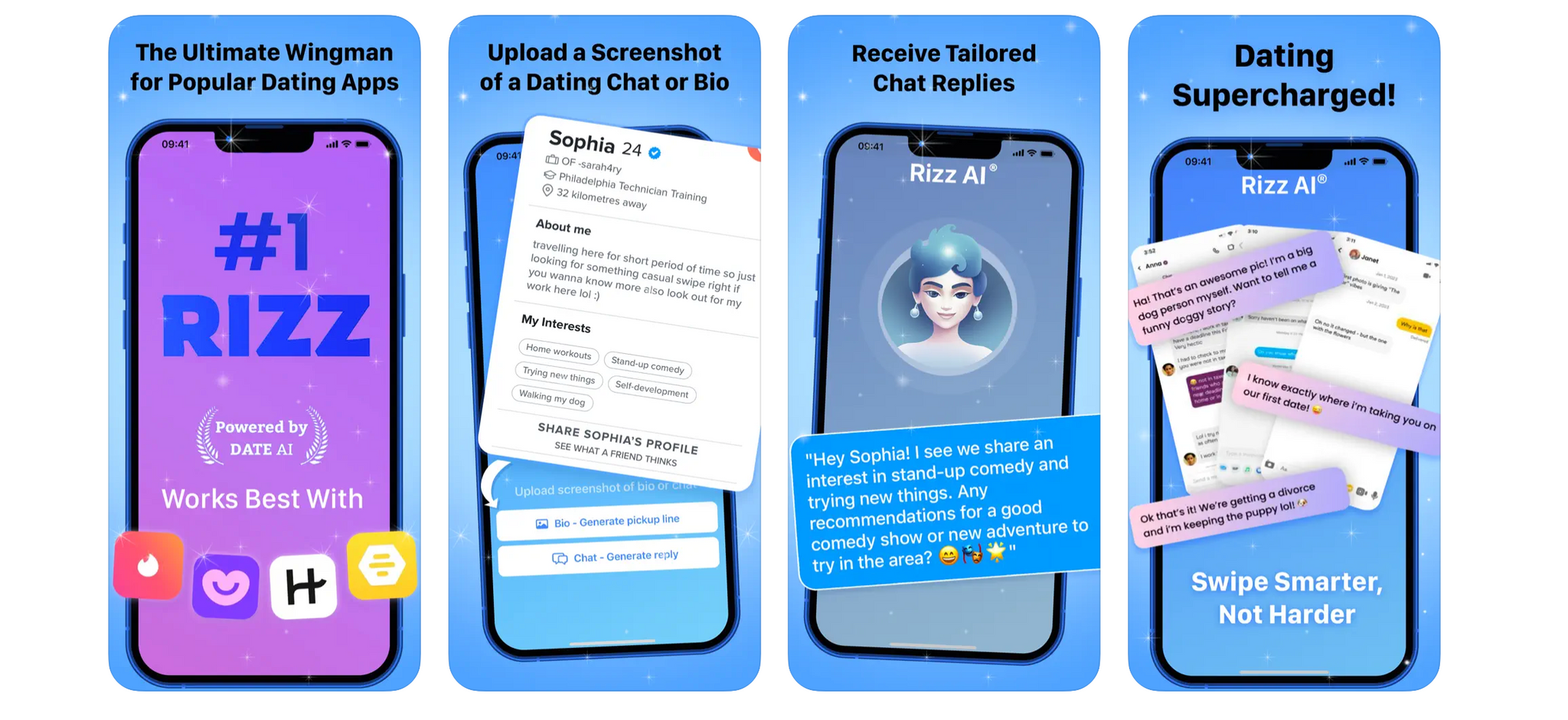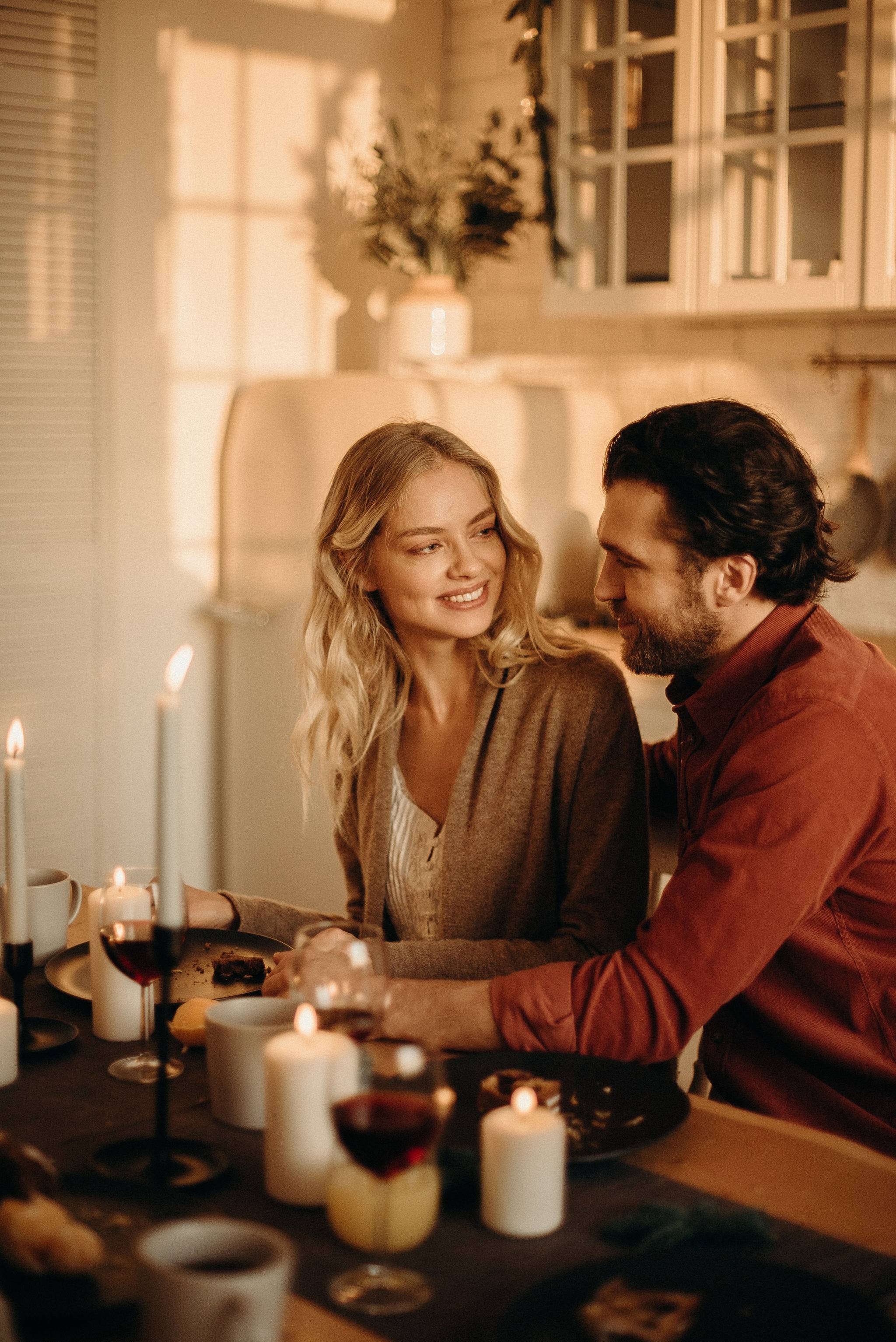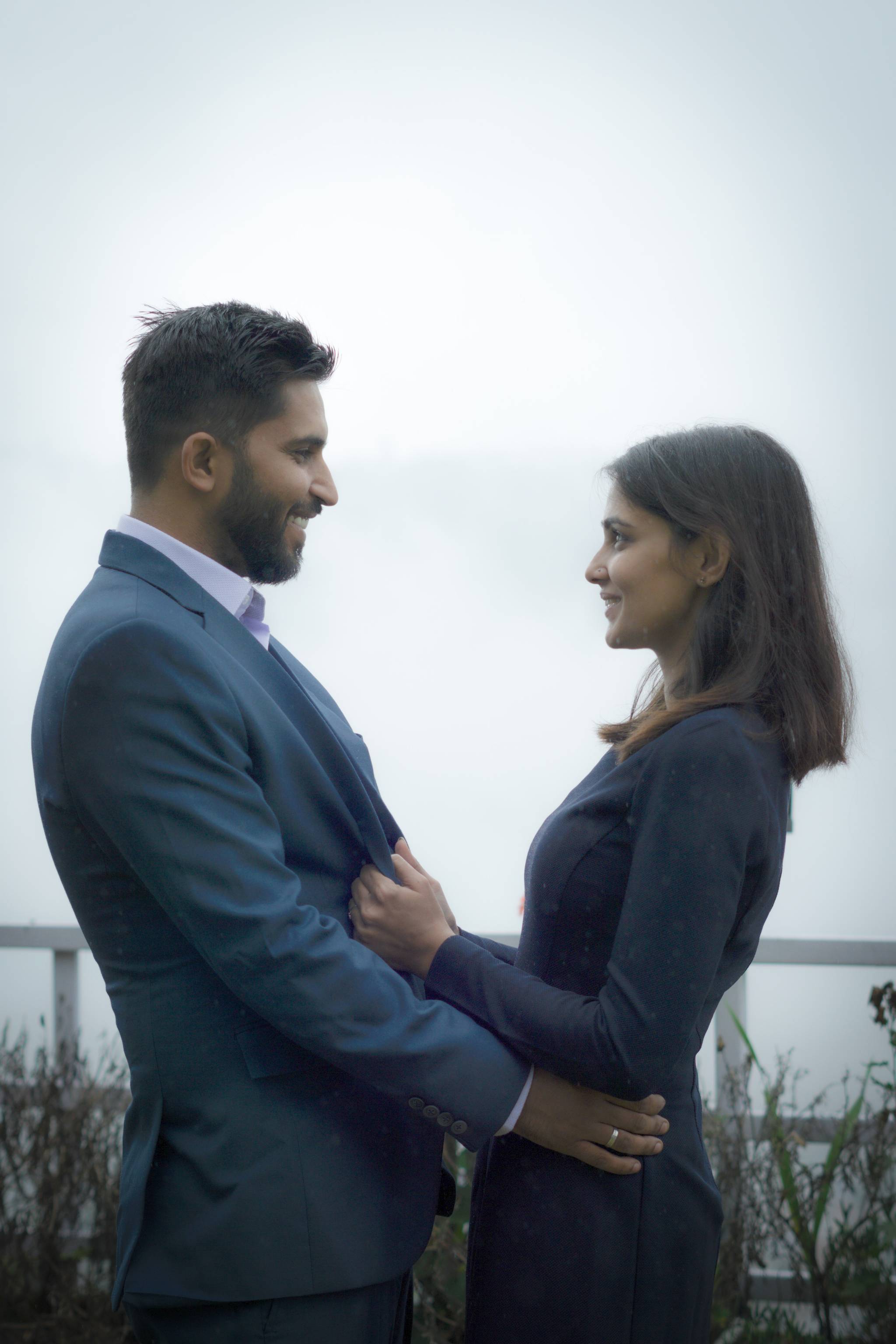Why the anti-dating app revolution is at its peak
In early November, Bumble founder Whitney Wolfe Herd announced she was stepping down after a decade of heading up the revolutionary dating app. The move signalled Herd’s desire to pass the baton to a leader she 'deeply' respects – but also signals a significant shift at a time when dating apps exist on uncertain ground. Match Group, which owns Tinder, Hinge and Match.com, has seen its stock hit an all-time low after reporting its Q3 2023 earnings. Swiping is seemingly on its way out – it only takes a quick Google search to come across a flurry of articles discussing why dating apps are no longer en vogue, from Wired’s report on why Gen Z are leaving dating apps to Olivia Petter’s op-ed on why dating app relationships are suffering more than IRL interactions.
The exhaustion felt by singles globally largely derives from the proliferation of dating apps and their long-lasting impact. According to the Singles Reports, nearly four out of five US adults aged 18 to 54 have experienced some degree of emotional fatigue or burnout from online dating, while dating app Inner Circle found that three in four single people in the UK would prefer to meet a future partner in real life. As such, people are ditching dating apps for real-life matchmaking experiences – with platforms like Feeld and Bumble getting in on the action with IRL events. As Canvas8's Experience Hunters Macro Behaviour suggests, people are looking for a "new maximalism of feelings, dimensions, and possibilities to reinvigorate them and make their lives feel full." With this in mind, brands in the space are tasked with developing curated experiences that support people in forming authentic connections and compatible relationships - and as people’s perception of dating and relationships evolve, catering to the changing dating landscape and what people want from it is key.

